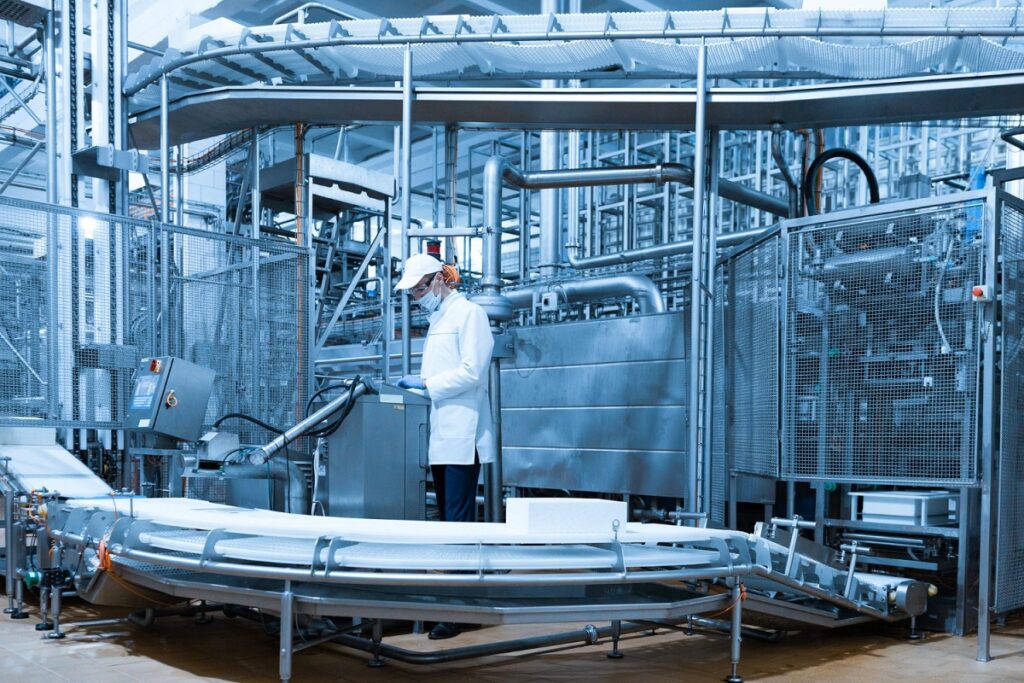Welcome to Liquid Manufacturing Solutions, the leading provider of cutting-edge solutions for superior efficiency and quality in the manufacturing industry.
Liquid manufacturing is vital for the chemical, pharmaceutical, and food and beverage industries. They are often referred to as the line of many businesses.
Liquid manufacturing processes involve lots of risks and challenges that need to be managed efficiently without altering the composition or quality.
This blog explains the significance of liquid manufacturing, explores the complexities involved in the process, and offers innovative solutions to overcome these hurdles.
You May Like To Read
What is liquid manufacturing, and what are the processes involved?
The process of creating various types of liquids that are used in the production of beverages, medicines, and chemicals used in laboratories for research and development is called liquid manufacturing.
We use scientific methods like spectroscopy, chromatography, mass spectrometry, rheology, particle sizing, ultraviolet-visible (UV-Vis) spectroscopy, infrared (IR) spectroscopy, and nuclear magnetic resonance imaging to examine the manufactured liquid.
Liquid manufacturing involves the complicated process of storing liquid at a specific temperature in a container that is made up of unreactive and insoluble material.
Accurate engineering calculations are required for preparing the specific compositions of ingratiates for the preparation of a specific liquid or solution.
Related: Power Grace Industries LTD: Pasting Floor Tiles Manufacturer India
Different Challenges in Liquid Manufacturing
The major difficulty in liquid manufacturing is maintaining consistency and product quality. Even a small deviation in ingredients or process parameters can result in a product that fails to meet industry standards.
Ensuring equipment is reliable and properly maintained, as downtime is costly and hampers production drastically.
We need to follow the rules and regulations of local and state governments and abide by liquid manufacturing laws. To stay compliant with these laws, we need the strategic formulation of manufacturing plans.
Related: Checklist to Follow before you Hire Candy Manufacturers
Innovative Technologies for Liquid Manufacturing
Industry challenges are solved with cutting-edge and innovative technologies.
Automating the work flow of industrial processes with the help of robotic process automation implementation can reduce human dependency and minimize human errors.
Cloud-based software can be used for real-time monitoring, data analysis, and complex calculations that can be used for proactive intervention and predictive maintenance.
Using robotics, artificial intelligence, and machine learning in liquid manufacturing, we can handle repetitive and precision-based tasks.
Related: Peva Material Manufacturers, Packaging Foam Sheets Exporters India
Optimizing liquid manufacturing processes
Just as with any other manufacturing process, liquid manufacturing also produces waste that needs to be recycled without affecting the environment.
A proper liquid waste management strategy is required to discharge the liquid waste, ensuring that it doesn’t cause pollution or harm the environment.
Raw materials used in liquid manufacturing are stored in temperature-sensitive cold storage that maintains the liquid to industry standards.
Liquid reacts with air as well; hence, it becomes critical that we maintain the proper condition of the environment for meeting industry standard parameters.
Related: 5 Best Brands of Gummy Bears That Make Taste Buds Dance
Here, chemicals are synthesized in liquid form through chemical reactions. They are refined in refineries, and byproducts are removed from the mixture of liquids through scientific methods.
To sum up, we must say that the liquid manufacturing process is complicated and requires proper management of limited raw materials.
The solution mixtures are treated chemically to separate the liquid that needs to be manufactured. It involves several chemical processes like precipitation, decantation, sedimentation, fractional crystallization, distillation, and more.
Feel Free to Write For Us about Business and Industry Updates. Contact Us if you are looking for a guest post outreach service for a content marketing and quality links.
